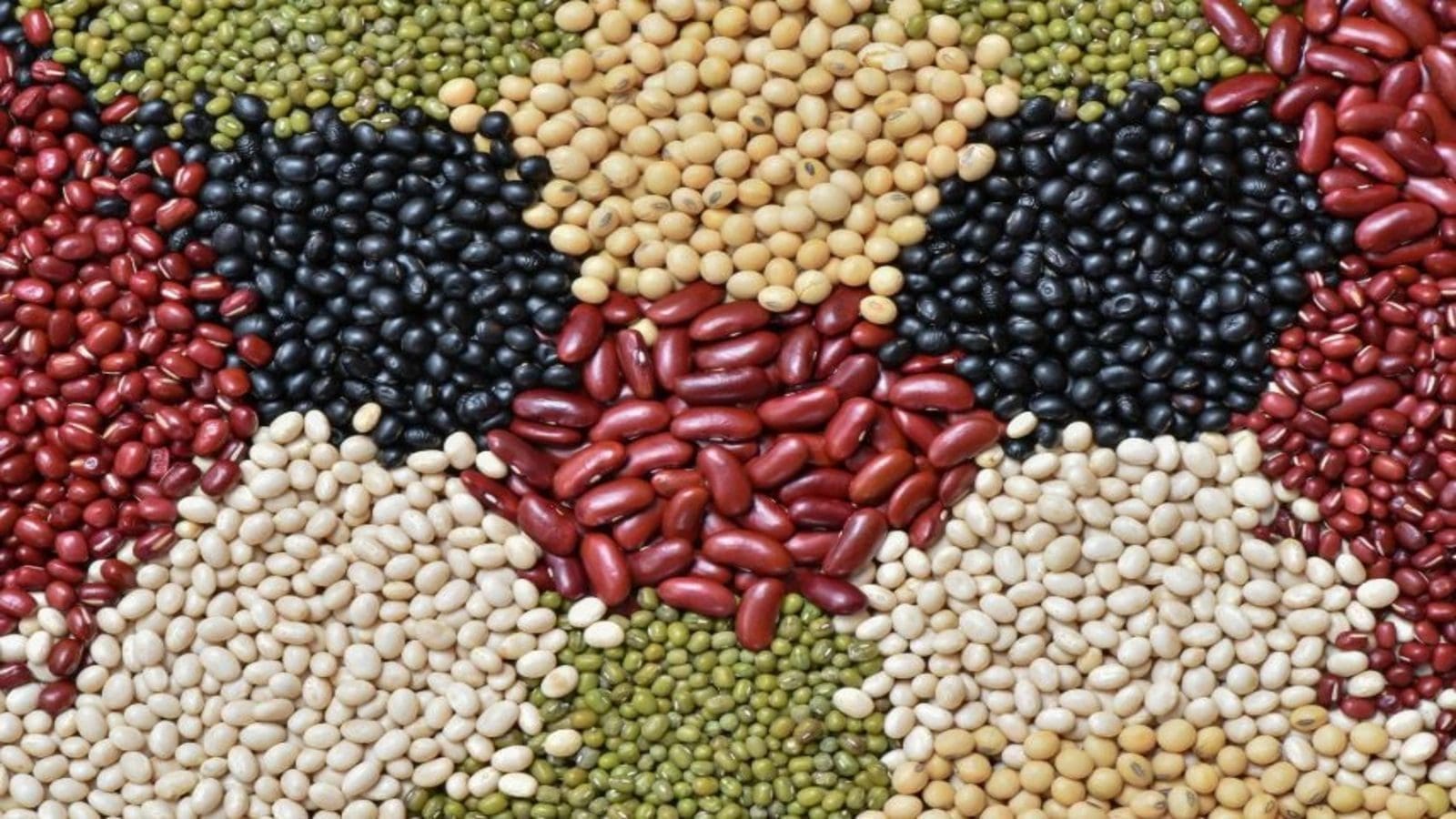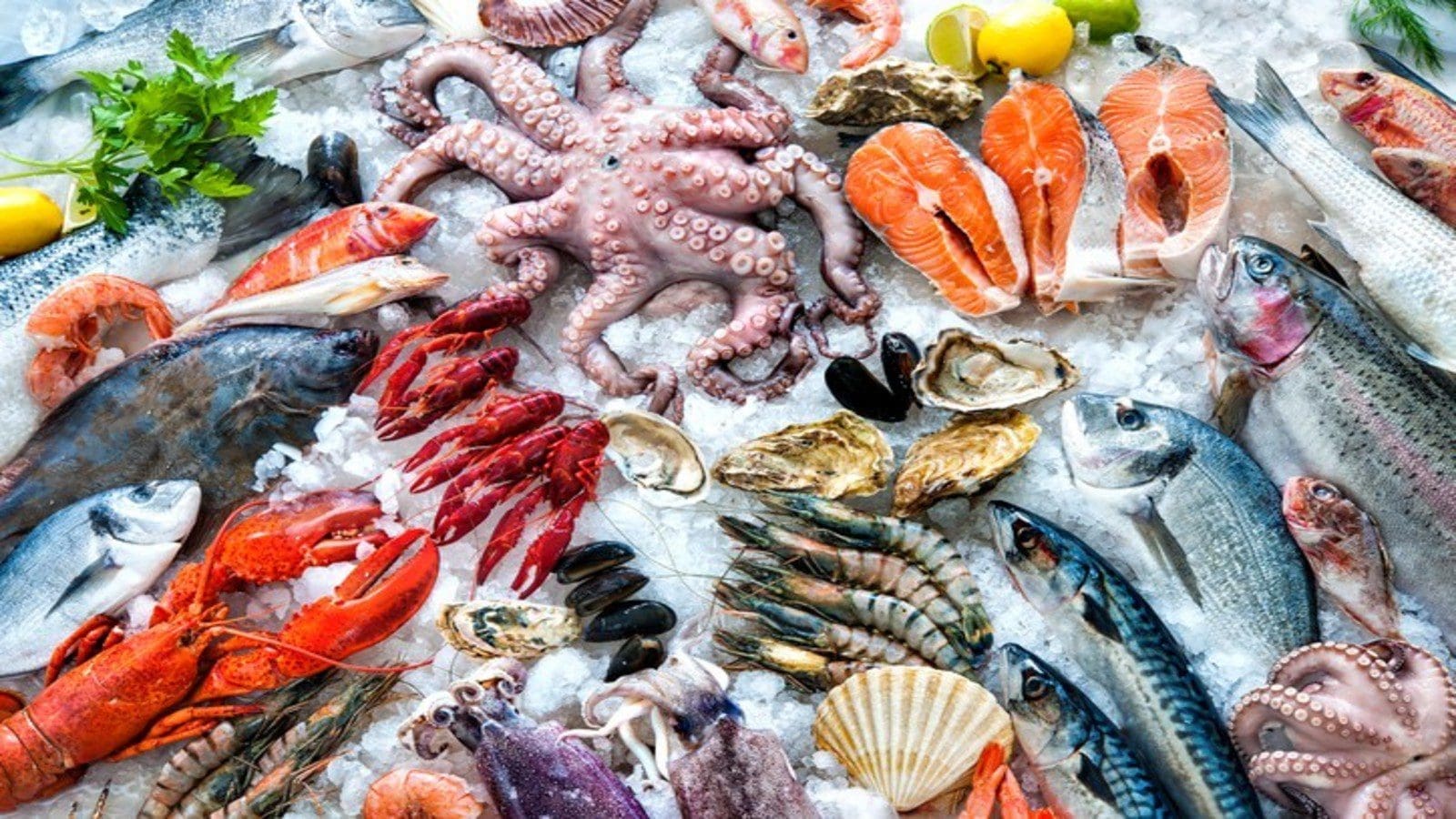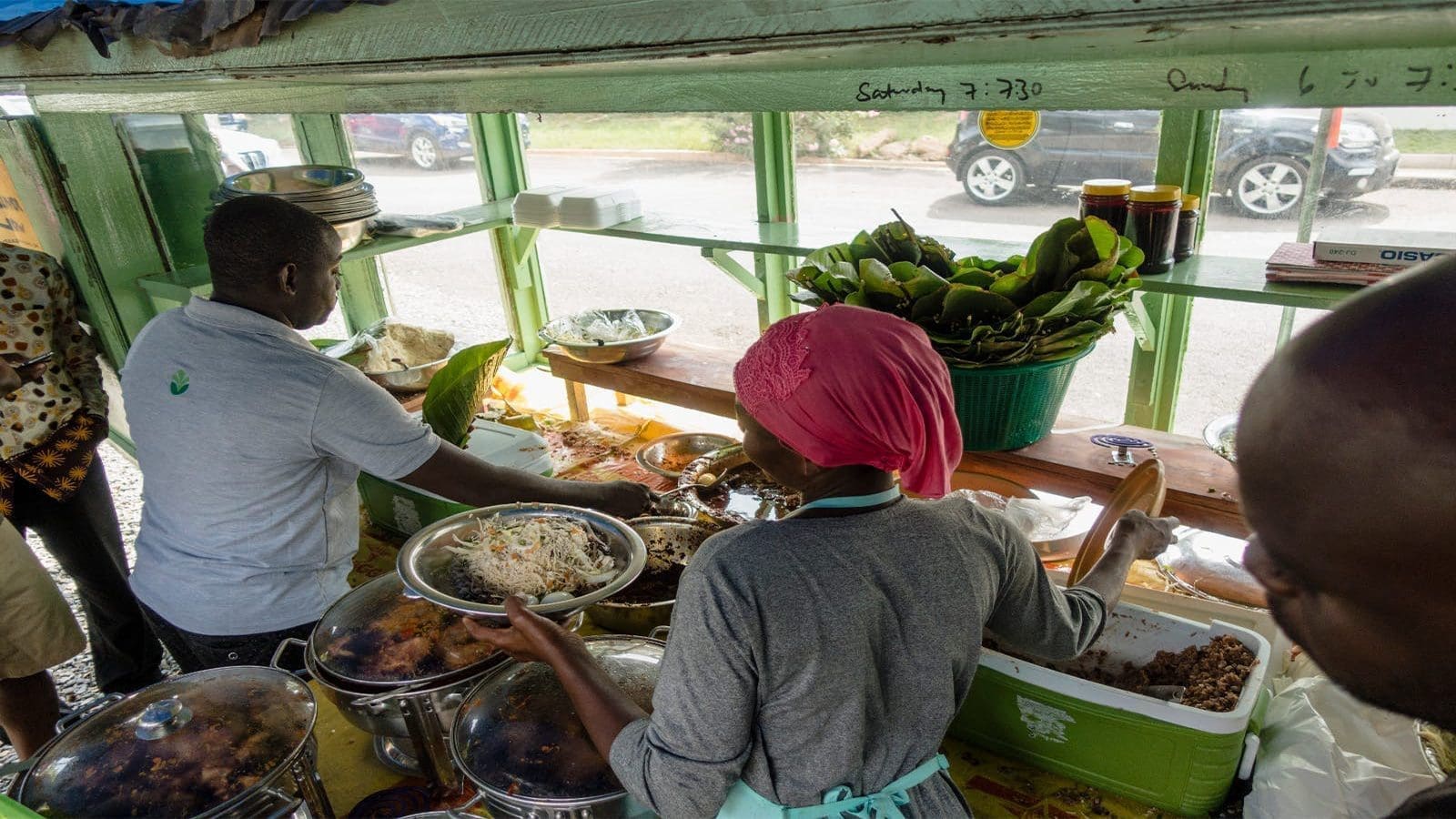KENYA – The African Seed Access Index (TASAI), a tool that monitors indicators that are essential to seed sector development at national level, has depicted that Kenya’s efforts towards eradicating the sale of counterfeit seeds are bearing fruit, thanks to use of verification sticker labels.
The Seeds and Plant Varieties (Seeds) Regulations (MALFC, 2016b) make it mandatory for all certified seeds sold in packets of 5 kilos and below to have a verification sticker label affixed to the seed packets. Subsequent to buying seeds, farmers can scratch labels on the packaging, send a 12-digit code via toll-free SMS, and receive an instant message confirming if the seed is genuine or not.
The survey released by Kenya Country Report 2020 indicates that counterfeit seed cases in the country have reduced from 36 in 2013 to 12 in 2019.
“Seed company satisfaction efforts to address fake seeds improved from 39 per cent in 2013 to 70 per cent in 2019, attributed to use of sticker labels since 2017,” the study discloses.
The research focused on four grain and legume crops that are critical to the country’s food security demands – maize, beans, sorghum and cowpeas – which cover 84 per cent of Kenya’s harvested land area according to the Food and Agriculture Organisation (FAO). In 2019, six cases of counterfeit seeds were reported by seed companies but the official figure reported by Kenya Plant Health Inspectorate Service (KEPHIS) was 12.
“Seed company satisfaction efforts to address fake seeds improved from 39 per cent in 2013 to 70 per cent in 2019, attributed to use of sticker labels since 2017.”
The Kenya Plant Health Inspectorate Service (KEPHIS), the government parastatal whose responsibility is to assure the quality of agricultural inputs and produce, tracks the incidences of counterfeit seeds based on reports from the public, KEPHIS agents, and seed companies.
According to the study, seven cases were associated with agro-dealers, one with a seed company, and four with unauthorized individuals masquerading as seed sellers.
For their part, seed companies said the instances of fake seeds they reported were due to packaging and selling seeds that had been vetoed by KEPHIS, and employees of seed companies illegally supplying packaging material to traders, who in turn fill them with grains disguised as seeds.
Mr John Mburu, one of the researchers said during the launch of the report that though fake seeds were on the decline, more is to be done to boost seed quality for farmers.
“Industry satisfaction is increasing but more efforts are needed to ensure the trend towards zero counterfeits continues,” he said during the event held at DoubleTree hotel, Nairobi.
Verification sticker labels
A study commissioned by the Seed Trade Association of Kenya (STAK) showed that across eight counties, the level of awareness of the labels ranged from 65 per cent to 100 per cent, with an average of 85 per cent. However, the level of utilization of seed labels was significantly lower, ranging from 9 per cent to 50 per cent, with an average of 35 per cent according to Agile Consulting report of 2020.
The study recommended increasing awareness of the seed sticker labels through agro dealers to convey the message to farmers on the benefits of seed labels.
KEPHIS has joined forces with the Anti- Counterfeit Authority to punish offenders, with those found guilty being charged with additional violations of the Anti-Counterfeiting Act, which increases total fines from the current maximum of Sh1 million to about Sh3 million.
“Seed companies rate their satisfaction with current government efforts as “good” (70 per cent) almost identical to the rating of 72 per cent in 2017 but despite the “good” rating, they recommend that the government should increase fines and penalties for violators.”
Liked this article? Subscribe to Food Safety Africa News, our regular email newsletters with the latest news insights from Africa and the World’s food safety, quality and compliance. SUBSCRIBE HERE








